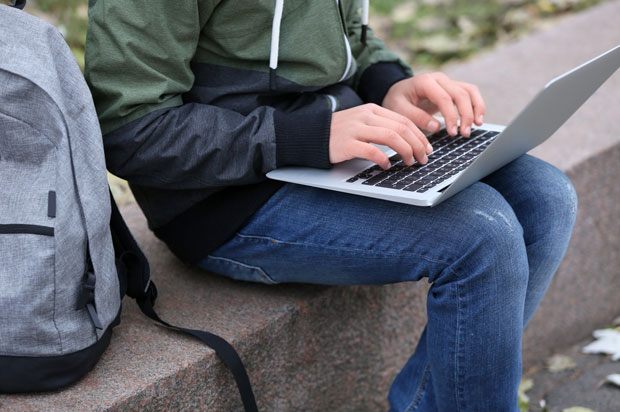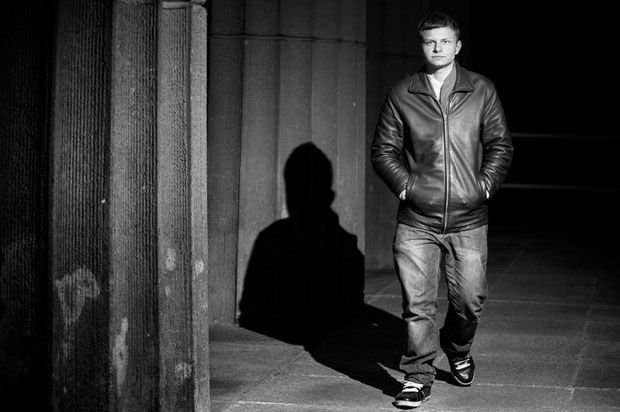I’m worried about online radicalisation
Reports of people joining or siding with extremist groups after being radicalised online may frighten you. The Mix explains how to break the cycle of extremism.

People who are vulnerable are often easy targets for recruitment into extremist groups.
What is radicalisation?
Radicalisation is the process where people are led to adopt extremist or hateful beliefs. Many young people are radicalised online through forums and social media. Radicalised people are often already vulnerable and disengaged from mainstream society, making them easy targets for recruitment into extremist or terrorist groups.
What happens when you’re radicalised?
Radicalisation doesn’t usually start from a place of hatred. It can often arise when your views or beliefs start to change at transitional times in your life, such as your teens. You may want to look for articles, forums or videos, which reflect more radical positions because you feel isolated, depressed, bullied because of your religion or race, or worried about politics and the government. Though it usually builds up over time, radicalisation can lead to people:
- Distancing themselves from friends and family
- Engaging and taking part in violence, illegal activity or discrimination against someone because of their race, religion, sexuality or gender. These acts could lead to your arrest and possible prison sentence
- Making links to or joining extremist groups, such as white supremacist groups or religious extremists
How do I know if I’m being radicalised?
It can be hard to know if you’re being radicalised. Try to ask yourself these questions:
- Do you only read information online that reflects your views?
- Do you find it hard to listen to people with different beliefs?
- Do you discriminate against people because of their race, culture, religion, gender or sexuality?
- Are you behaving in a way you would have found extreme previously?
- Is someone pressuring you to change your beliefs or opinions?
- Are you being offered status or opportunities if you do as someone says?
- Do you think violence is the only way to change the world?
You may not relate to all of the above but even if you only relate to a few of the above points you could be at risk.
I think I’m being radicalised. What can I do?
You may feel like nothing will ever change but it’s important to remember you’re not alone. Speak to people with different views to you and read websites you don’t usually subscribe to so you can get a different perspective. Speak to your friends or a teacher about how you feel. If you can’t speak to someone you know contact a school counsellor or call our counselling team.
To stay safe online:
- Think before you post. Online posts can last forever. If it sounds extreme now would you want it to be found by a potential employer or your friends in five years’ time?
- Don’t post your personal information
- Always check the sources of information you read online
- Tell someone you trust if you feel pressured to take part in something you know is wrong
- Take regular breaks from the internet
How can I help someone who’s being radicalised?
If you’re worried someone you know is being radicalised, the best thing you can do is be there for them. Speak to someone you trust, like a parent or teacher, about your friend. They can offer you support and advice. You can also try to give them access to information that contradicts their current beliefs.
Next Steps
- You can talk to Childline about anything. Call them for free on 0800 1111 or visit their website.
- Chat about this subject on our Discussion Boards.
By
Updated on 29-Aug-2017
Image courtesy of Shutterstock
No featured article













